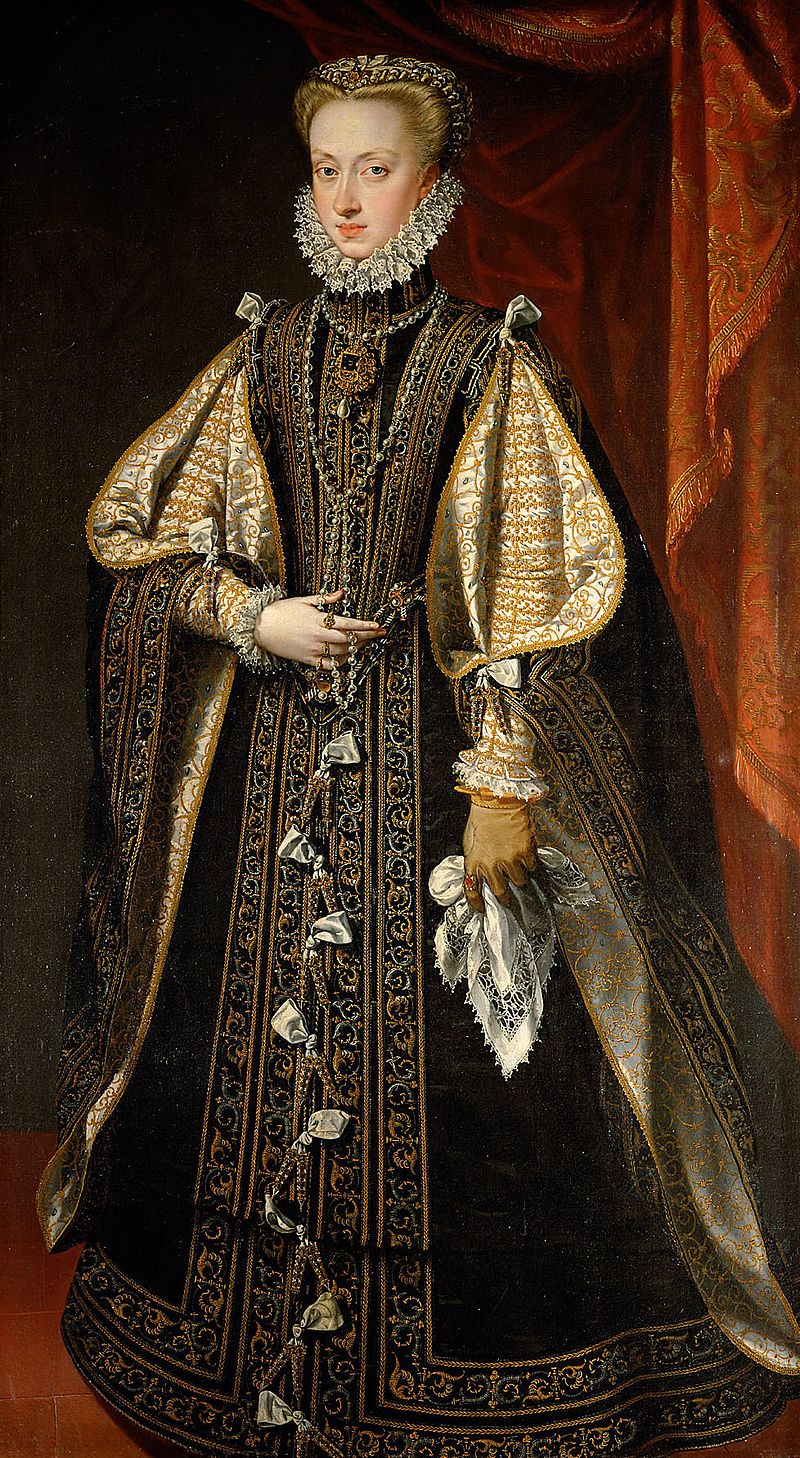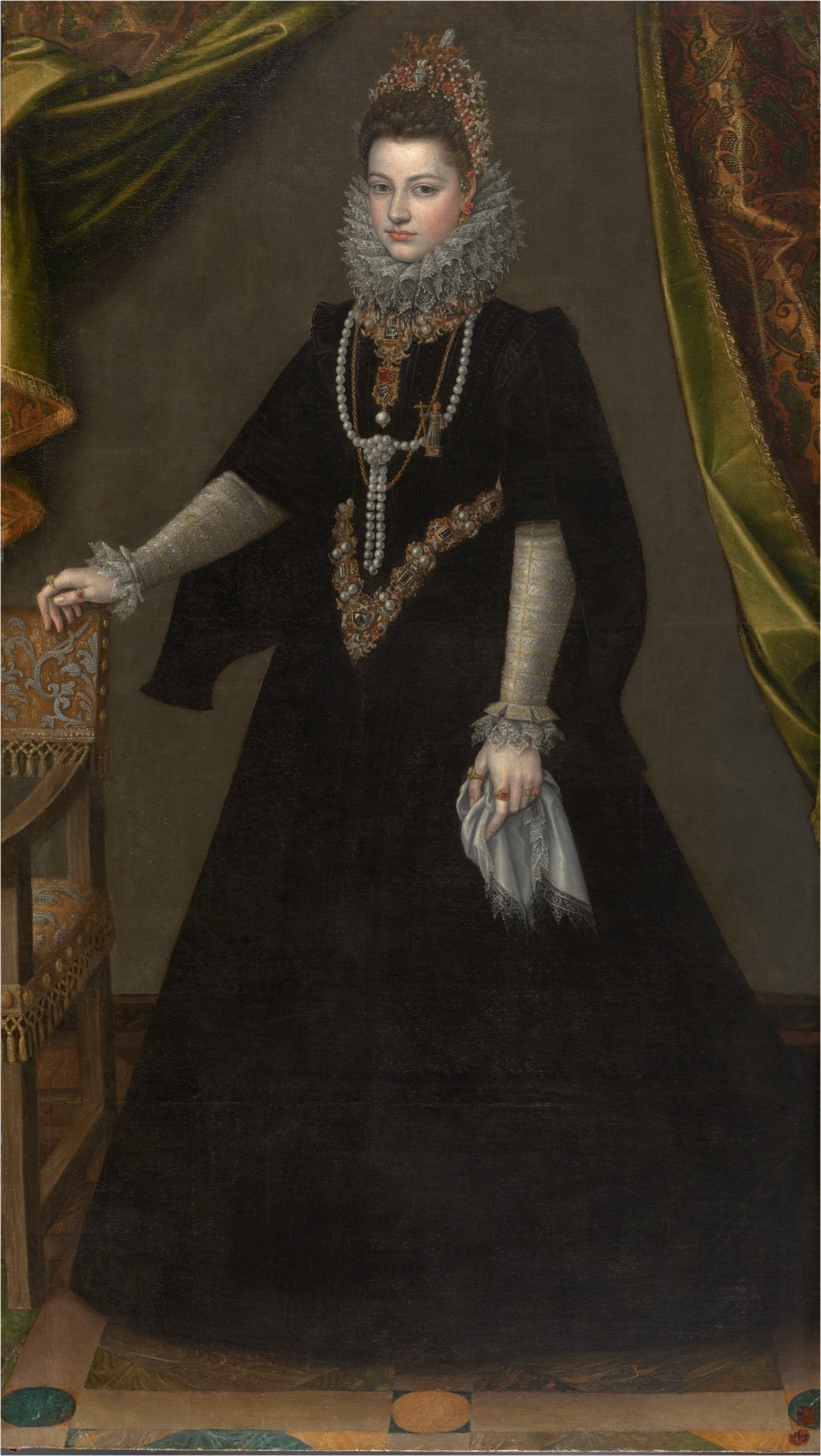But at this point Spain didnt truely become dejure until the War of Spanish succession. The crowns of Castile and Crowns of Aragon were very much two seperate things operated by the same monarch. Splitting up of Aragon's lands would be seen as unwise, as that is the reason why the monarchys of the Iberian peninsula were such an inbred mess to begin with. Likely those younger sons would wind up as governors of those Italian territories.
The kingdom of Naples was only reconquered by the main Aragonese branch of the house of Trastamare, in 1504 by Ferdinand I of Aragon.
Now I can see Charles splitting off the Dutch and giving them to a second son to rule. Given both the distance and difference in cultureto spain. Although what form that would be is another debate. As the Burgundian inheritance was a collection of Counties and Duchies. The prince Electors wouldn't allow Charles to pull a Kingdom Title out of his ass, and calling it the Kingdom of Lotherigia would be awkward as the duchy of lotherigia wasn't a part of the Burgundian lands. Plus it would create issues with the HRE since the King of Bohemia was usually the emperor, and having another kingdom not ruled by the emperor would cause problems. Can't have an Arch Duchy of the low Counties. Since arch-duchies are like the Highlander and there can be only one. A suppose a Grand Duchy is possible, there was the Grand Duchy of Lithuania, but that was sort of the title of Lithuania as a pagan country, it was briefly a Kingdom under an early Christian King, but then became a grand duchy when the following rulers were pagan. During Charles Rule the Grand-Duchy of moscow, upgraded to a Tsardom. And Europe wouldnt see another Grand duchy until Tuscany in 1569 about 4 years after Charles died
IOTL in 1549 Charles V issued a Pragmatic Sanction, which turned the Burgundian Netherlands into a indivisible territory (it thus streamlined the succession laws in the various constituent principalities).
Moreover most of Lower Lotharingia, with the successor state, the duchy of Brabant, who also held the by now mostly titular duchy of Lothier/Lothryk. They only didn't control most of Upper Lotharingia, with the successor state the duchy of Lorraine (aka Moselle during the Middle Ages) & duchy of Bar. Not to mention, that two Prince-Electorates, also were formed from former Lotharingian territory, Cologne (Lower Lotharingia) and Trier (Upper Lotharingia).
Duke Philip the Good of Burgundy, was once offered (during negotiations) the elevation of Brabant to a kingdom or even to be made king of Frisia/Friesland. By now Eastfriesland had become an County under Imperial Immediacy, so Frisia is off the table. An elevation is still possible, though after the Pragmatic Sanction, this could also be the Netherlands (back then the whole Low Countries and some parts of northern France and western Germany), a royal Crown seems unlikely, as does Archduchy (even though as Habsburgs, they did have it as dynastic title), but a Grand Duchy could be a reasonable compromise.



